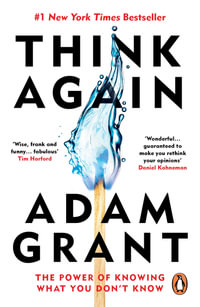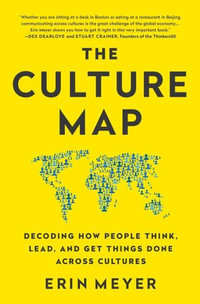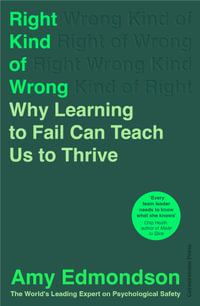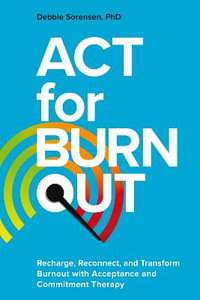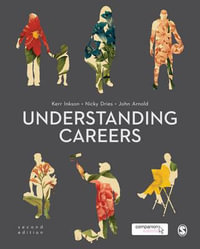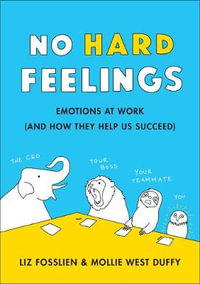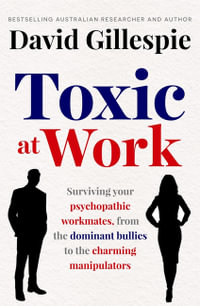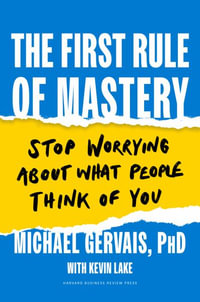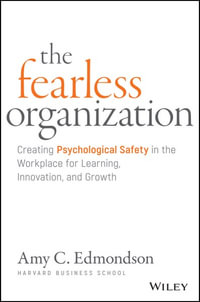Contents: Foreword; Introduction. Part I Conceptualization and Theoretical Framework: Coping and personality: approaches, measurement and challenges, Philip Dewe; Future-oriented coping and personality, Suzie Drummond and Paula Brough; Politics, personality and surviving the workplace, Ashley Weinberg. Part II Personality and Coping with Work-Related Stress and Professional Burnout: Links between personality, work related stress and health, Nico Dragano, Morten Wahrendorf and Thorsten Lunau; Joint moderating effects of self-efficacy and coping on social stressor-psychological strain relationships in Greater China: evidence from three subregions, Oi Ling Siu, Paul E. Spector, Chang-Qin Lu and Luo Lu; Burnout and the battle for your own happiness, Edwin A. Locke; Striving for a stress-free workplace: examining the role of positive personality on coping and burnout, Nicholas J. Gailey and Tahira M. Probst; Perceived responsiveness, stress, and coping in the workplace, Cameron T. McCabe, Sarah Arpin and Cynthia D. Mohr. Part III Coping and the Role of Resilience: The psychology of resilience: defining, categorising and measuring resilience, Luke Treglown and Adrian Furnham; Examining proactive coping and resilience within the context of the economic recession, Constance A. Mara and Esther R. Greenglass; Investigating teachers' well-being and the role of resilience, Maria Armaou and Alexander-Stamatios Antoniou. Part IV Personality and Coping in Educational Settings: The role of personality traits in the perception of occupational stress and the coping style of teachers: a few points to consider, Alexander-Stamatios Antoniou and Antigoni Garyfallaki; Stress, coping and drug abuse of high achieving students: the role of personality traits, Marina Dalla and Alexander-Stamatios Antoniou; Coping strategies and personality dimensions of teachers in primary and secondary education, Alexander-Stamatios Antoniou and Eftychia Mitsopoulou; Part V Personality and Coping with Job Loss: The role of personality in coping with job loss and job insecurity, Tahira M. Probst and Jesse L. Byrd; Coping after job loss: impact of unemployment on work attitudes of the reemployed, Tabea Scheel and Kathleen Otto. Part VI Specific Issues on Personality Traits and Coping Mechanisms: Applying attachment styles to workplace incivility, Michael P. Leiter; Economic crisis and business distress, Panagiotis E. Petrakis; From soldier to citizen: examining the role of political skill in veterans' experiences in the civilian workplace, Kaylee J. Hackney, Charn P. McAllister, Jeremy D. Mackey, Joshua C. Palmer and Pamela L. Perrewe; Morbidity and mortality in popular musicians: an examination by era, sex and music genre, Dianna T. Kenny. Part VII Challenges in the Coping Process: A scheme for workaholism intervention including cognitive, affective and behavioural techniques, Bruce David Kirkcaldy; Effects of contextual and personal resources on work-family interface, Ewelina Smoktunowicz, Magdalena Lesnierowska, Roman Cieslak and Charles Benight; Scrambling: an ability and a process, Jennifer K. Dimoff, Lenora A. Collins and E. Kevin Kelloway. Index.

